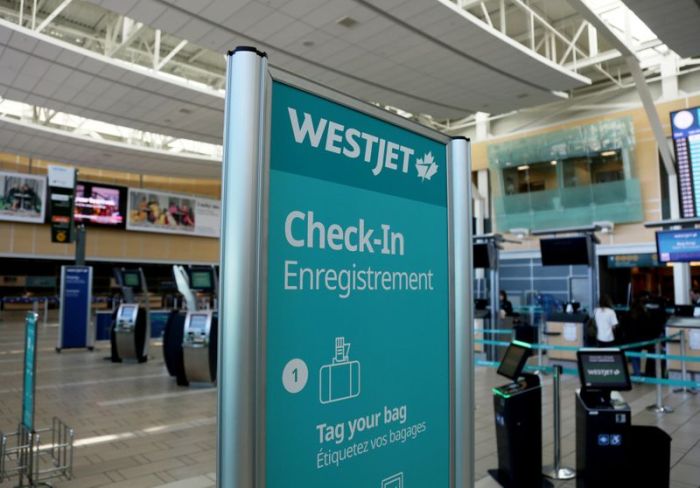(Reuters) – Cineworld will ask shareholders to approve an increase in its debt ceiling next month after the pandemic-stricken cinema group plunged to a $3 billion loss last year.
The Regal Cinemas owner, forced by coronavirus lockdowns to shut most of its almost 800 theatres in October and temporarily lay off about 45,000 staff, sunk to its first pretax loss as a listed company last year, after a $212.3 million profit in 2019.
Its shares tumbled 9% to 94 pence in early Thursday trading, the worst performance on the UK mid-cap index.
The group, which is set to reopen its U.S. chains next month, said it had secured commitments for a new $213 million 7.5% convertible bond due in 2025 to bolster its finances. It also has waivers on its borrowing terms until June next year.
It expects to reopen cinemas in Britain and the rest of the world in May, and sees pent-up demand after strong industry reopenings in China, Japan and Australia.
Big-budget releases such as Marvel’s superhero film “Black Widow,” the James Bond movie “No Time to Die” and “Godzilla vs. Kong” could also give a boost.
But the London-listed company said there remained material uncertainty about its ability to stay in business, and further coronavirus restrictions, or delays in new movie releases, would probably require it to raise more funds.
Cineworld’s net debt at the end of 2020 was $8.32 billion, more than four times its current market value.
On top of coronavirus lockdowns, cinema groups are grappling with the soaring popularity of streaming services.
SUPERHERO EFFORT
“Crawling back to profitability after such a big hit will require almost superhero levels of effort,” Hargreaves analyst Susannah Streeter said.
Adjusted for one-off items, Cineworld’s 2020 loss was $1.33 billion, compared with analysts’ average forecast for a $1.29 billion loss, according to Refinitiv data. Revenue plunged 81% to $852.3 million.
The group’s debt is rated ‘junk’ by major credit rating agencies and its combined credit score, a measure of how likely a company is to default in the next year on a scale of 100 (very unlikely) to 1 (highly likely), was “1” as of March 25, data from Refinitiv Eikon shows.
(Reporting by Muvija M & Chris Peters in Bengaluru. Editing by Tomasz Janowski and Mark Potter)

























